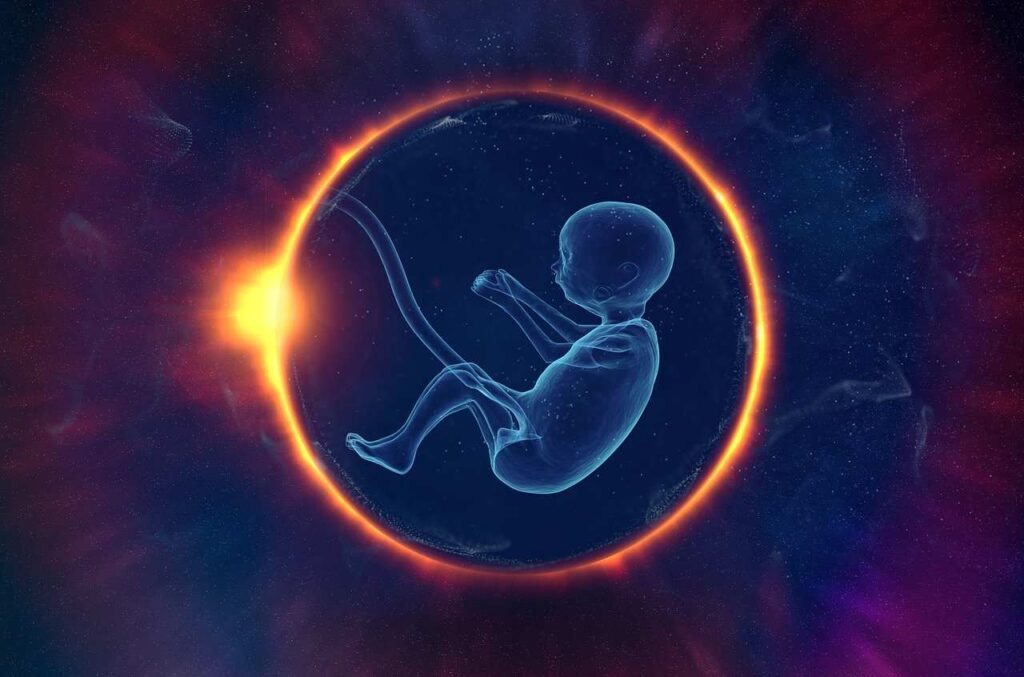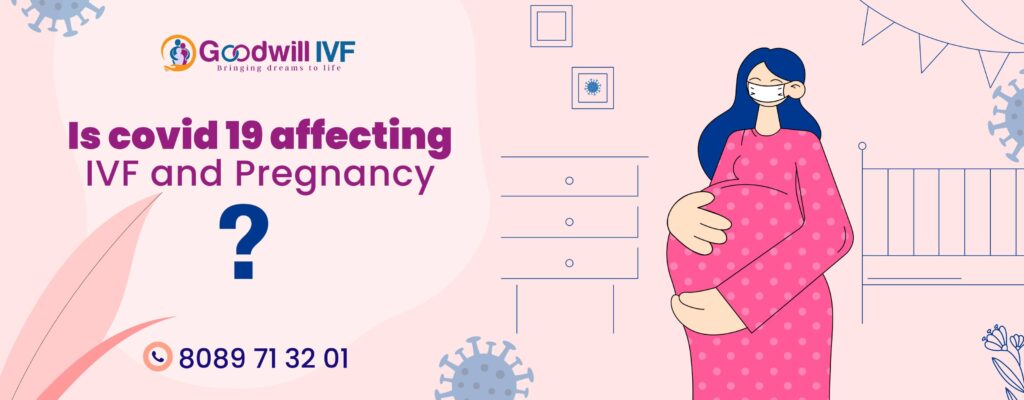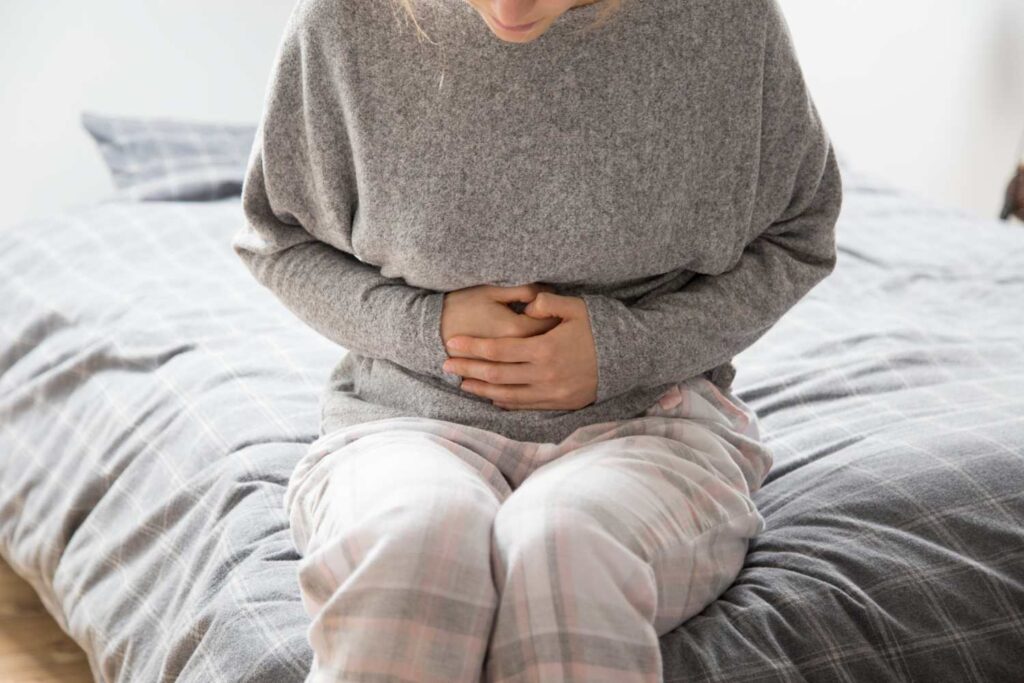The human fertilization process involves complex interactions between egg and sperm resulting in a fertilized egg (zygote). The process includes many components necessary to achieve the ultimate result of human life. Fertilization in humans occurs in the fallopian tubes of the female reproductive tract.
Ovulation
The outset of human fertilization is with a woman’s menstrual cycle, that is to prepare a woman’s body to be ready for fertilization. Ovulation occurs each month when a woman’s ovary releases a mature egg, about 2 weeks after the first
Travel to the fallopian tube
A single egg cell, with associated cumulus cells, is released every month from the ovary. After the egg is released, it travels into the fallopian tube and stays there until a single sperm fertilizes it. The fallopian tube is the place where fertilization takes place. The uterus, also known as the womb is where the baby will develop after fertilization.
The Long Journey of the Sperm
A man can ejaculate semen consisting of 150 million sperm in a single ejaculation, into a woman’s vagina. The sperm have big challenges during the travel to the fallopian tube on the mission to fertilize the egg. The sperm live up to 48-72 hours. They have to complete the journey within the stipulated time of 12–48 hours of ovulation of the egg, or else it will collapse. Moreover, only about 15% of the sperm will be able to complete the journey to the egg. The remaining will follow the chemical signals provided by the vagina and the cervix (the opening of the uterus).
Fertilization
As the egg allows only one sperm in, the prevention of polyspermy is well ensured. An internal reaction occurs and the surface of the egg changes, once a single sperm has penetrated, which securely blocks other sperm from entering.
Approximately 24 hours will be taken for a sperm cell to fertilize an egg. The baby’s genetic makeup, including its gender, will be completed at the moment of fertilization.
A well healthy human has 46 chromosomes, 23 from the sperm and 23 from the egg. An embryo with the incorrect composition of chromosomes is generally miscarried or develops diseases like Down’s syndrome, which is caused by a redundant copy of chromosome 21.
Cell Divisions
A few processes happen as the fertilized egg starts growing fast, dividing into many cells, such as Meiosis and Mitosis. It leaves the fallopian tube after 3-4 days after fertilization and enters the uterus. Ectopic pregnancy or tubal pregnancy happens rarely if the fertilized egg gets attached to the fallopian tube which will be a danger to the mother.
Implantation
Once it gets into the uterus, the fertilized egg attaches to the endometrium, the lining of the uterus which is known as implantation and the cells keep dividing.
During these processes, the cell division that creates sperm and eggs, matching chromosomes pair up and become connected by “crossing over” with each other,
These crossovers play a major role in evolution by allowing the chromosomes to introduce some variety into the next generation. The right number of chromosomes and the crossovers for each pair will decide the healthy formation and growth of the egg.
Mitosis & Meiosis
Genetic variation and continuity of all living organisms are focussed by Meiosis, but the growth and development of cells are taken care of by Mitosis and it also plays a significant role in the repair of congenital defects in germline cells.
Growth
After the attachment to the uterus, some cells become the embryo while others become the placenta. The heartbeat develops during the fifth week and further, the formation of the brain, spinal cord, heart, and other organs will occur. At the eighth week of growth, it will be called a fetus with a half-inch length. Generally a “full term” delivery happens around 40 weeks.
Vitro fertilization (IVF)
Working hard to get a baby even after being in a state of infertility can be resolved with the help of assisted reproductive technology (ART). In Vitro fertilization (IVF), the most common form of ART, is a blessing for such couples in fulfilling their wish.
Recent surveys say that million IVF children have been born to date, and it is likely to continue enhancements that may widen its appeal and applicability.
There are well-equipped IVF treatment centers with high success rates, to help such couples to accomplish their dream of parenthood. Goodwill IVF treatment center, Malappuram is one of the best infertility treatment centers that offer various treatments. It also stands best in endometriosis treatment in Malappuram.
A safe medical procedure in an IVF center that is efficient and affordable, will be a boon for those who suffer from infertility. Goodwill IVF Treatment Center is also known to provide the best PCOS treatment in Malappuram and is the most trustworthy IVF center with a highly experienced team of fertility experts.


